Sowing green from the chains of links
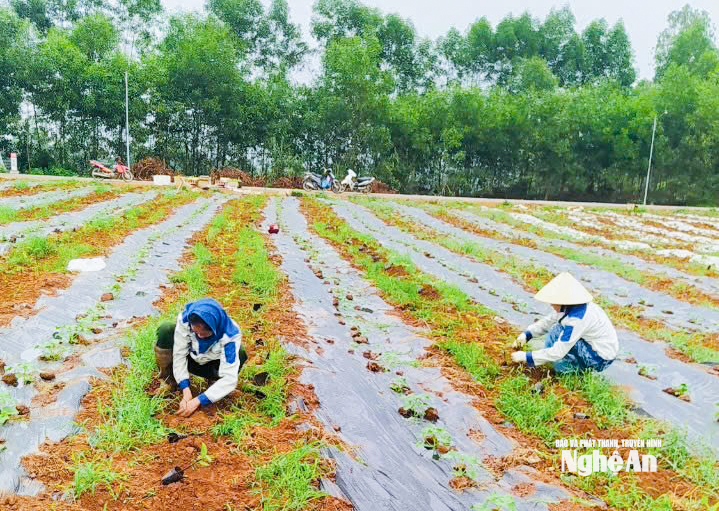
In the modern agricultural landscape, as the trend of clean, organic production is increasingly widespread, many women have chosen the path of green entrepreneurship, a sustainable but challenging path. They not only master production models but are also the ones who connect and create chains of links from farmers to markets, from seeds to finished products.
Ms. Nguyen Thi Chau, Director of Nghia Dan Medicinal Herbs Cooperative, is one of the typical female entrepreneurs on that journey. From a civil servant who turned to entrepreneurship, Ms. Chau chose medicinal herbs, a “difficult” but potential plant to promote the value of her homeland’s red basalt soil. “Doing business is not only to make a profit, but also to promote the potential of the land, create livelihoods for people, and spread the value of natural, circular and sustainable agriculture,” she shared.
.jpg)
Starting with a few hectares of an xoa, xạ đen, and purple wormwood in Nghia Tho commune, Nghia Dan Medicinal Herbs Cooperative faced many difficulties: people lacked capital, lacked seeds, and were hesitant about the new model. Ms. Chau and her colleagues went from house to house, convincing each household to participate, persistently proving that medicinal plants could become a stable livelihood on sloping land. When the first rows of plants grew green, faith gradually sprouted. From a few initial households, the Cooperative has now linked more than 100 workers, mostly women, to create more than 20 lines of natural medicinal products, of which 10 products meet OCOP 3-star standards.
Accordingly, the extracted medicinal residue is composted into bio-fertilizer to fertilize plants, creating a closed cycle of "planting - preliminary processing - extraction - consumption - regeneration". This method not only saves costs but also preserves soil fertility. In addition, the Cooperative also applies modern extraction technology, invests in low-temperature vacuum concentration lines to preserve medicinal properties; at the same time, digital transformation in management and sales, brings products to e-commerce platforms, and is present at more than 1,000 points of sale nationwide. Now, each hectare of hilly land is an additional job opportunity, adding livelihood and enriching the local crop structure.
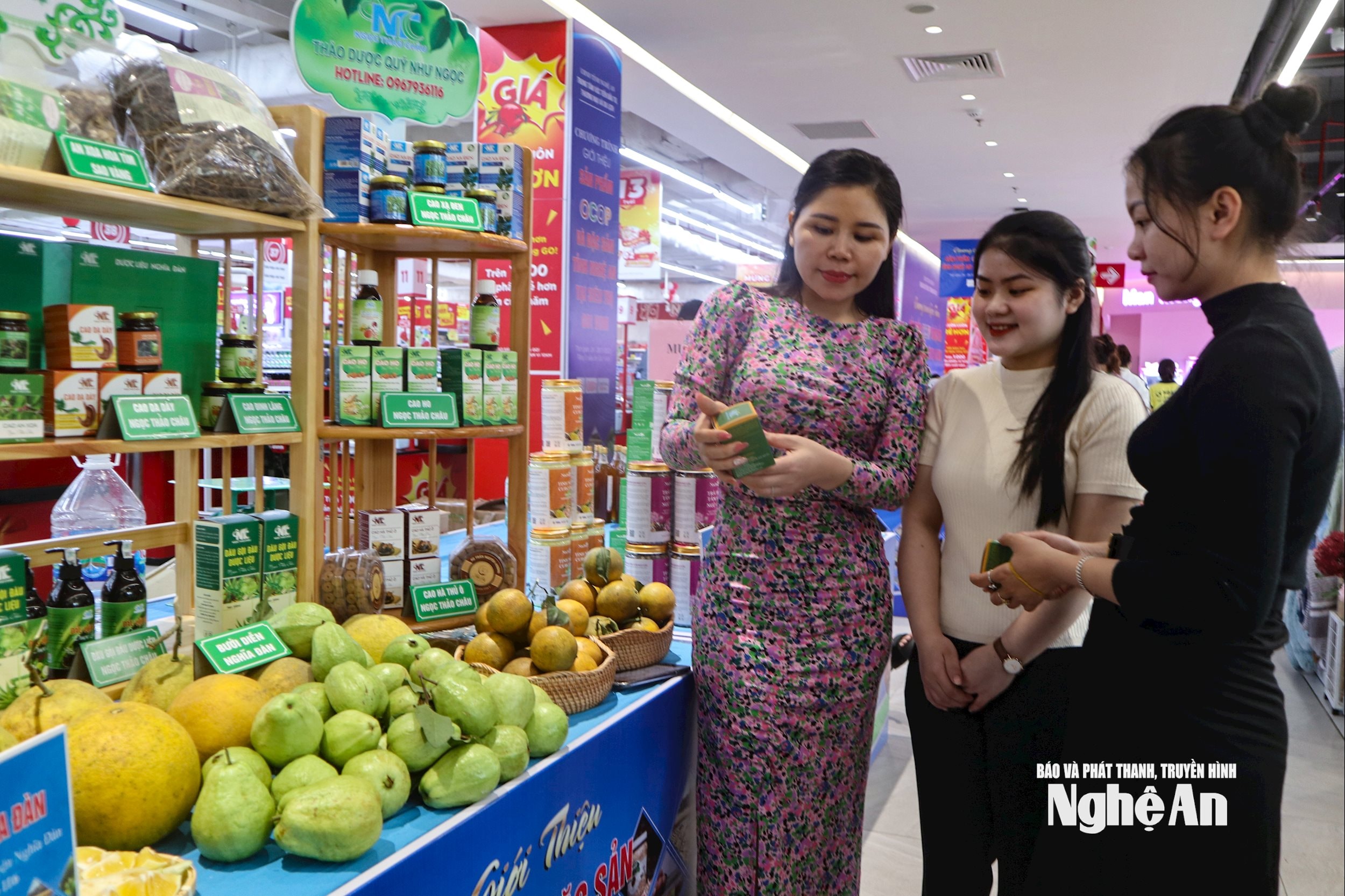
From the medicinal herbs model, the story of 9X girl Tran Thi Vui, the founder of a company specializing in medicinal herbs with a direction from indigenous knowledge to natural health care products. Born into a family with a tradition of oriental medicine in Yen Thanh, Vui soon became involved with herbs. While studying at university, she cured her skin allergy with natural remedies. From then on, she nurtured the aspiration of "giving people back the closeness and harmony with nature". After many years of diligent research, she launched 4 product lines extracted from herbs: shampoo, cleaning solution, bath water and lipstick. The products were widely accepted by consumers, paving the way for the sustainable development of the indigenous medicinal herbs brand. Accordingly, Ms. Vui pays special attention to linking raw material areas, aiming for a closed value chain from cultivation, production to consumption.
Mr. Dam Duy Tu, owner of a 10-hectare fruit farm in Quynh Tam commune, shared: “From 2025, my organic fruit farm has had Ms. Vui's company purchase by-products such as flowers, leaves, and young grapefruit during the pruning process. Thanks to that, there is a significant additional source of income. The company requires that the raw materials must be cared for purely naturally, without the use of chemicals, so I am more motivated to pursue clean, organic production.”
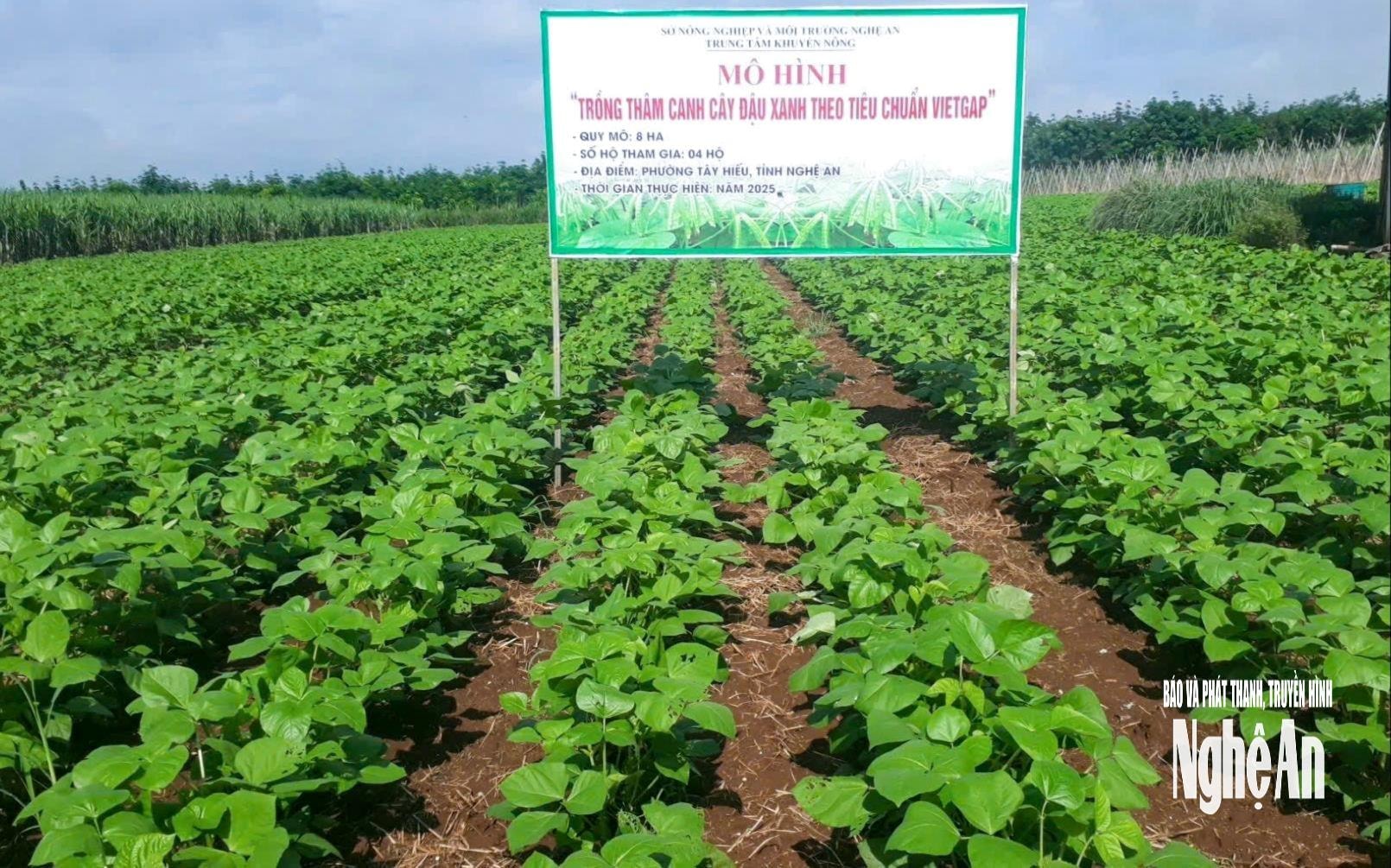
This approach not only opens up a new direction for hundreds of farmers in the region, but also contributes to the formation of a green value chain, where every link benefits. Currently, fruit farms such as oranges, grapefruits or spice growing areas such as perilla, lemongrass, ginger, etc. of people in Nghia Hung, Quynh Tam, Yen Thanh, etc. are all grown and cared for organically to import raw materials for herbal and medicinal companies, thereby increasing revenue and value. "Seed sowers" like Ms. Nguyen Thi Chau or Tran Thi Vui are quietly creating a new look for Nghe An agriculture, an agriculture that is responsible for the land, for the people, and for the future.
From rural agricultural products to large markets
While in the past, many rural women were only attached to the fields, now they have become entrepreneurs and managers, bringing their hometown agricultural products far and wide. From individual households, cooperatives, to enterprises and cooperatives, many products owned by women are now available on e-commerce platforms, in supermarkets, and even exported abroad.
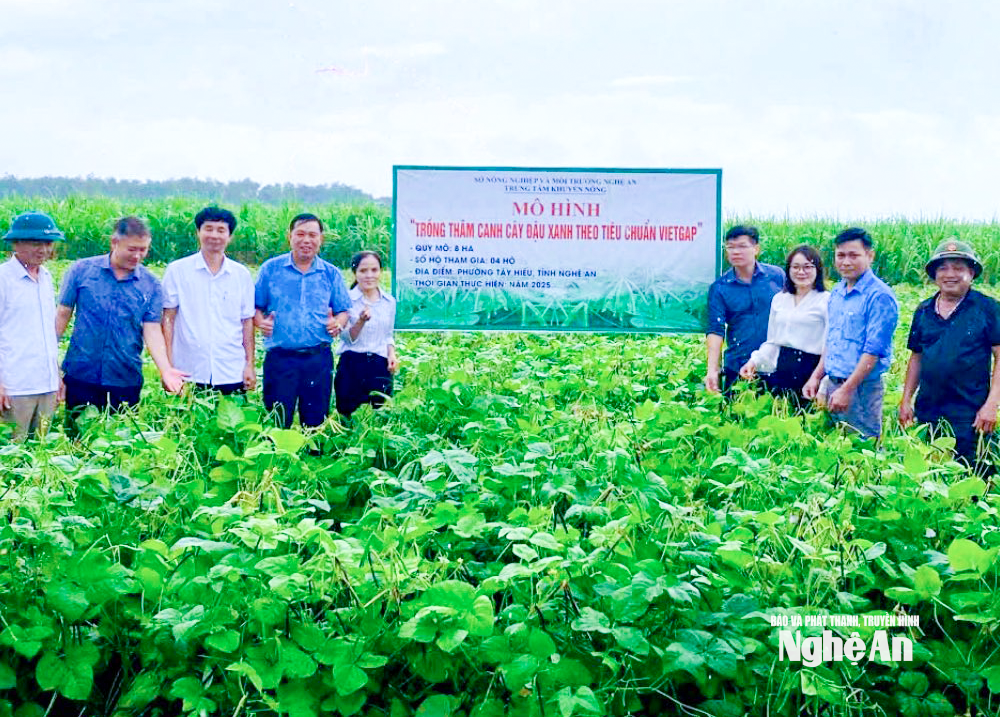
One of the typical examples is Ms. Phan Thi Lien, founder of the Hadalifa nutritional cereal brand in Cua Lo ward. From her love for natural, healthy products, Ms. Lien has devoted all her heart to building a nutritional cereal brand imbued with the spirit of Vietnamese agricultural products. In just 4 years, her company has become a trusted brand, providing dozens of cereal product lines from 25 types of natural beans from black beans, red beans, black beans to macadamia, almonds, oats, all grown according to clean agricultural standards.
Accordingly, the company has created a 300-hectare raw material area linked with cooperatives inside and outside the province, creating a closed production chain of "farmers - factories - markets", at the same time, creating stable jobs for nearly 10 official employees and hundreds of sales collaborators nationwide.
Not stopping at production, Ms. Lien also proactively converted to digital, put products on e-commerce platforms, built a brand identity system and traceability.
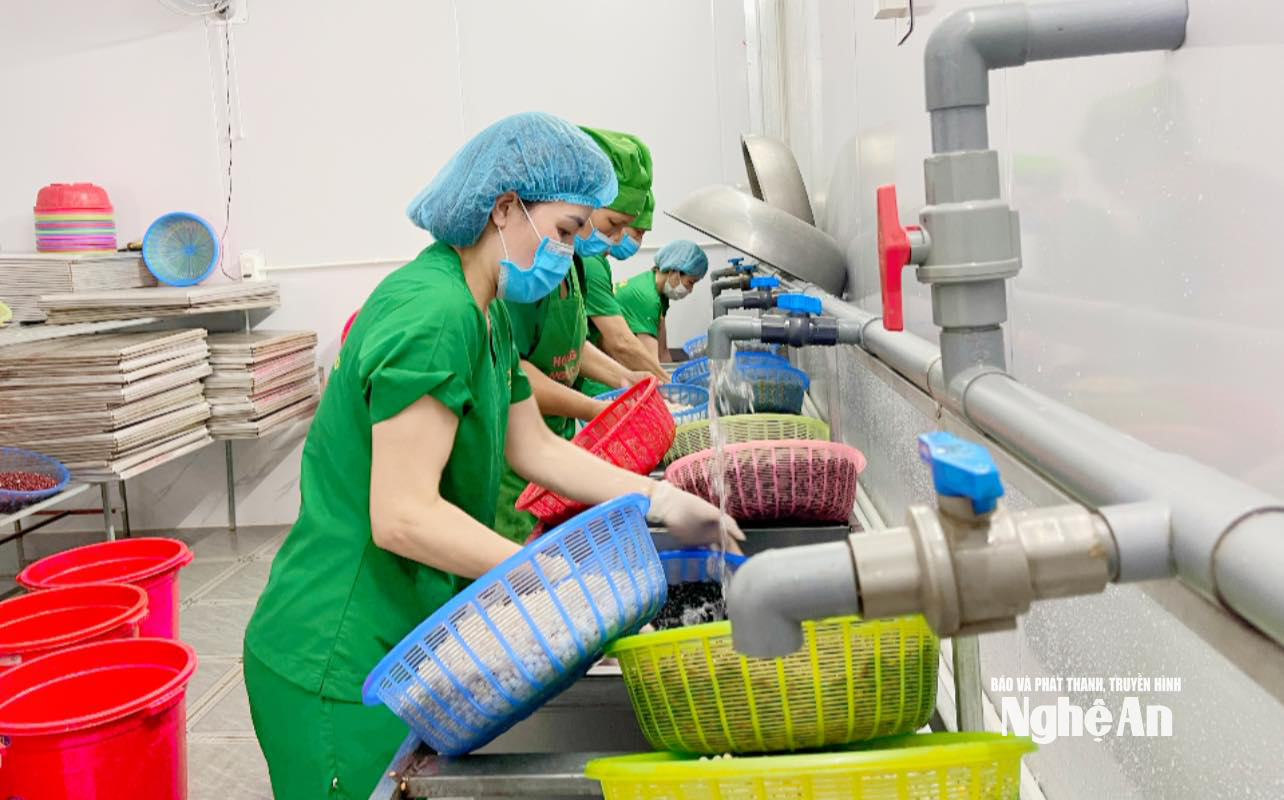
Ms. Nguyen Thi Chau is also following that path, which is to complete the production - processing - consumption chain, aiming for export. Currently, the cooperative has achieved VietGAP, HACCP, ISO certifications and is completing international standards for the health protection product group. Her project "Developing a green circular product chain associated with preserving the value of precious medicinal herbs" has won many awards, affirming the persistent efforts of Nghe An women on the green startup journey.
From these models, it can be seen that women not only start businesses with passion but also with innovative thinking, they shift from small-scale production to deep processing, from selling raw agricultural products to building brands and tracing their origins. It is this thinking that helps Nghe An agricultural products gradually dominate the market, increase their value, and contribute to transforming local agriculture in a modern and sustainable direction. From medicinal plants on Nghia Dan red soil, from cereal grains in Cua Lo, from herbal essential oil bottles of Yen Thanh girls... "green brands" have been formed, both having economic value and spreading the spirit of living in harmony with nature.
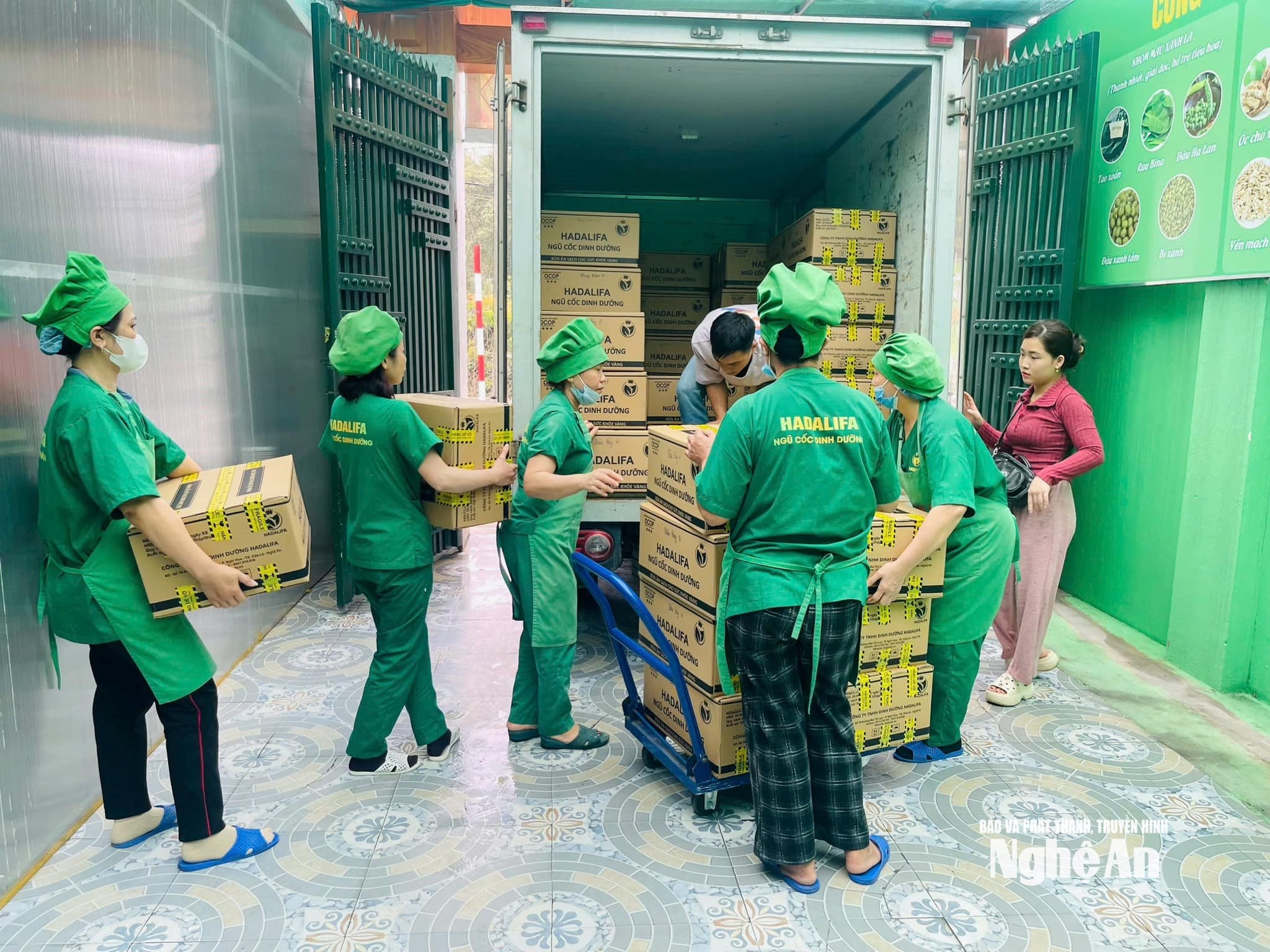
Source: https://baonghean.vn/nhung-nu-doanh-nhan-nghe-an-sowing-khat-vong-tu-nong-nghiep-10308527.html














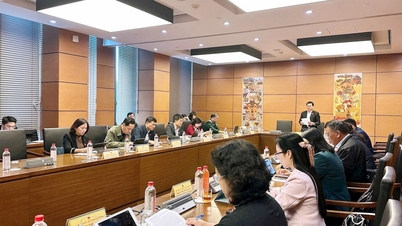



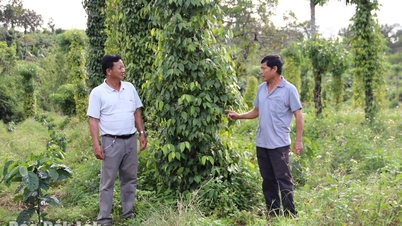

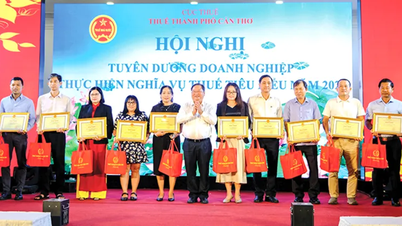

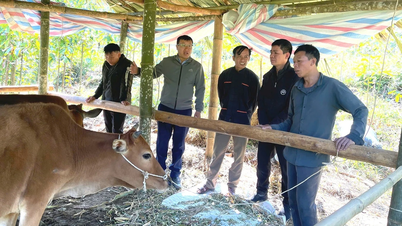

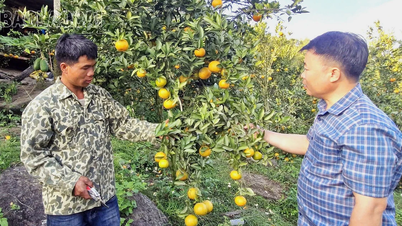
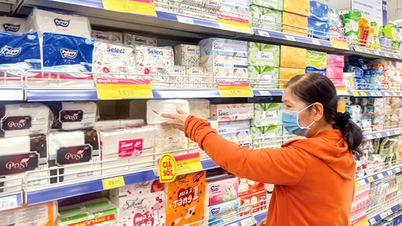








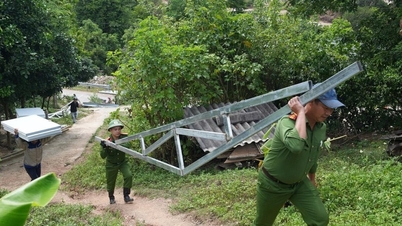

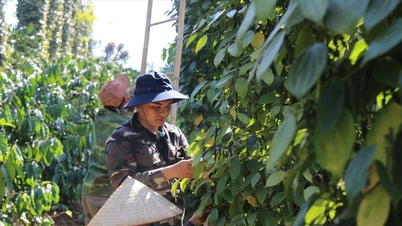
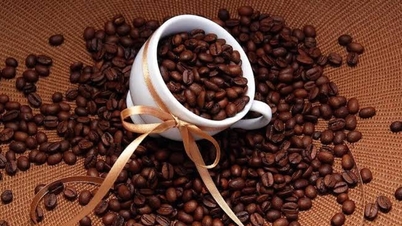


















































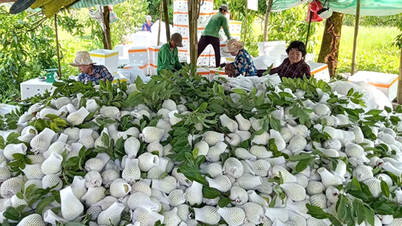
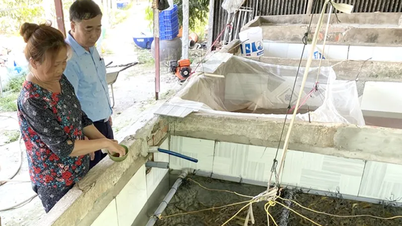
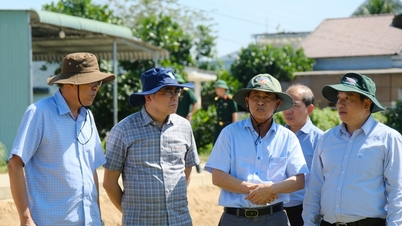













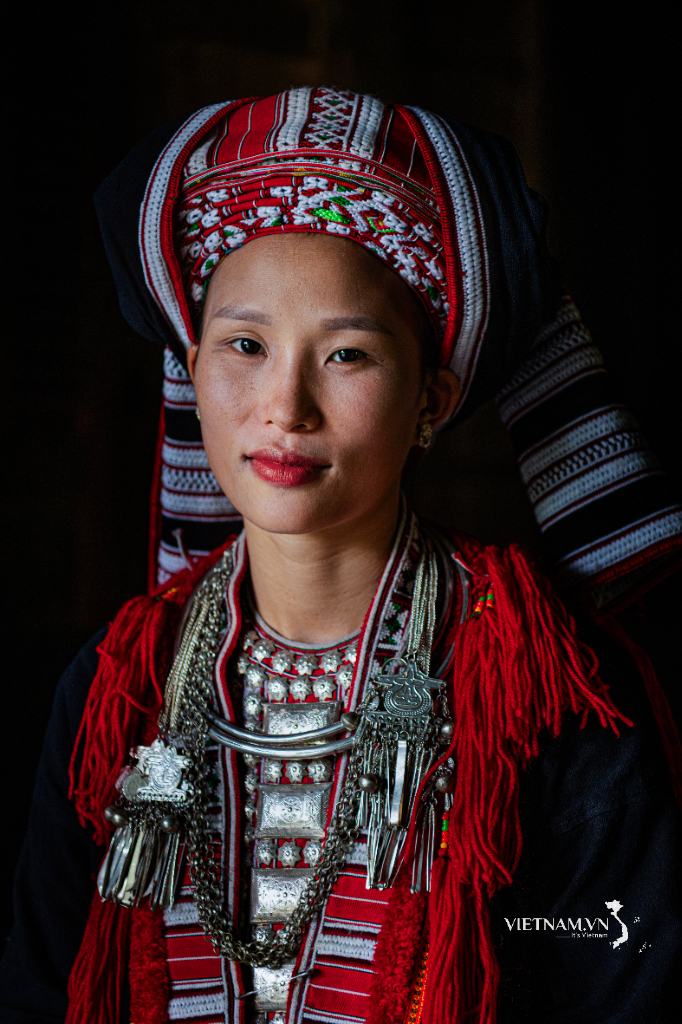





Comment (0)